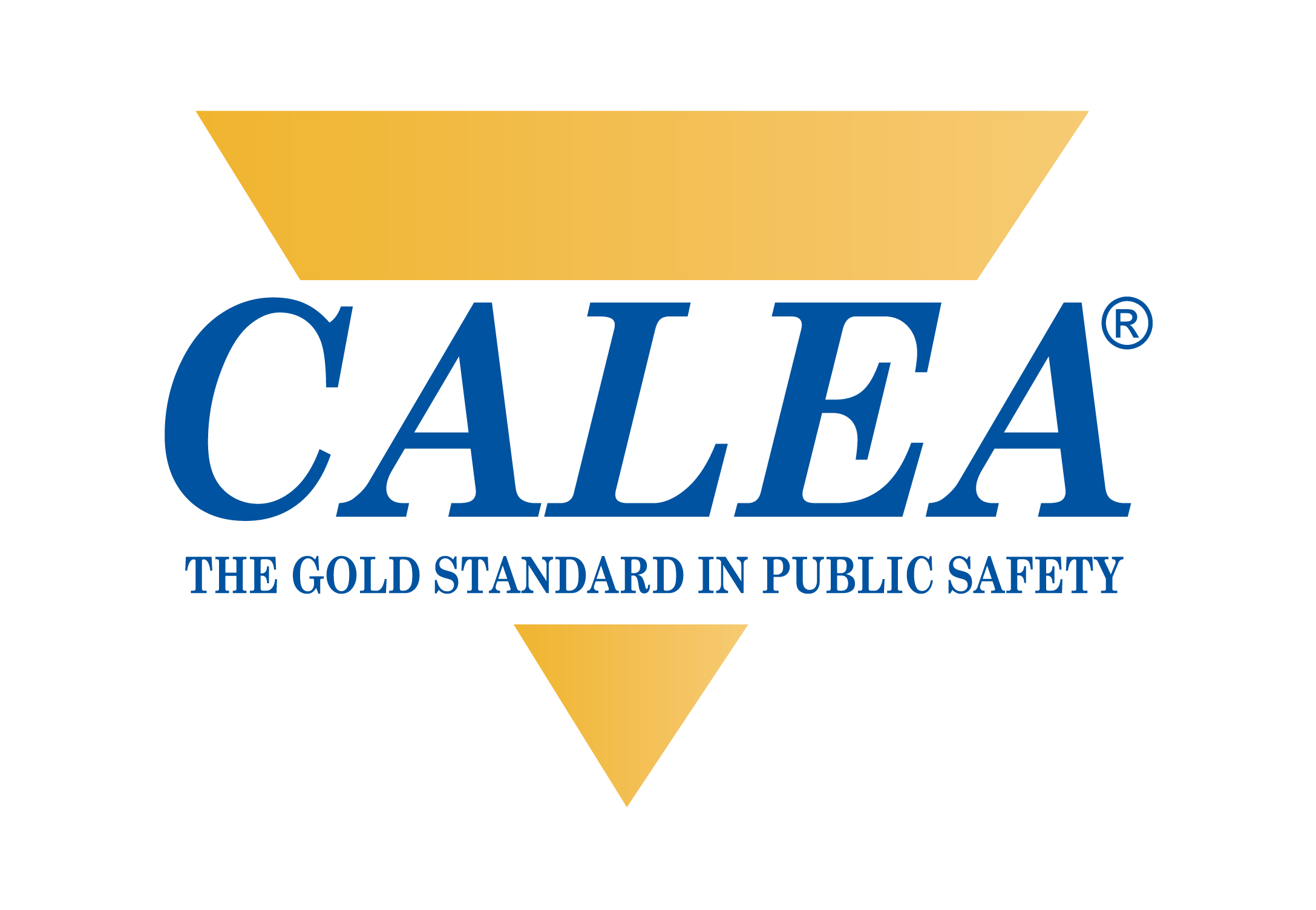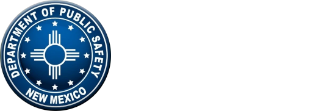CALEA Accreditation
- NMDPS Home
- NMSP
- CALEA Accreditation

What is CALEA?
The Commission on Accreditation for Law Enforcement Agencies, Inc., (CALEA®) was created in 1979 as a credentialing authority through the joint efforts of law enforcement’s major executive associations:
- International Association of Chiefs of Police (IACP);
- National Organization of Black Law Enforcement Executives (NOBLE);
- National Sheriffs’ Association (NSA); and the
- Police Executive Research Forum (PERF).
The purpose of CALEA is to improve the delivery of public safety services, primarily by: maintaining a body of standards, developed by public safety practitioners, covering a wide range of up-to-date public safety initiatives; establishing and administering an accreditation process; and recognizing professional excellence.
- Specifically, CALEA’s goals are to:
- Strengthen crime prevention and control capabilities;
- Formalize essential management procedures;
- Establish fair and nondiscriminatory personnel practices;
- Improve service delivery;
- Solidify interagency cooperation and coordination; and
- Increase community and staff confidence in the agency.
The CALEA Accreditation Process is a proven modern management model; once implemented, it presents the Chief of NMSP, on a continuing basis, with a blueprint that promotes the efficient use of resources and improves service delivery—regardless of the size, geographic location, or functional responsibilities of the agency.
New Mexico State Police and CALEA Accreditation
The New Mexico State Police is committed to pursue methods of improving our performance and service to the citizens of New Mexico. We strive to continue being a leader in the New Mexico law enforcement community by adhering to an enhanced set of standards and procedures for law enforcement. The CALEA accreditation program offers us the opportunity to enhance our ability to improve and maintain the public’s trust in our personnel and operations by voluntarily demonstrating we meet a set of standards which:
- Require us to develop and maintain a comprehensive set of department policies and procedures. This is one of the most successful methods for reaching administrative and operational goals, while also providing direction to personnel.
- Provide the necessary reports and analyses so the Chief may make fact-based, informed management decisions.
- Require programs and procedures be put in place so we are ready to address natural or man-made critical incidents.
- Provide a means for developing or improving upon an agency’s relationship with the community.
- Strengthen our accountability, both within the department and the community, through an internationally recognized set of standards that clearly define authority, performance, and responsibilities.
- Limit our liability and risk exposure by ensuring recognized standards for law enforcement have been met, and have the process verified by a team of independent outside CALEA-trained assessors.
- Help our pursuit of department growth and the attainment of professional excellence.
Voluntary participation in CALEA ensures that our policies and procedures are defensible and are in compliance with internationally-accepted standards for law enforcement.
The New Mexico State police initially became involved in the CALEA accreditation process in 2004. We began the process of “self-assessment” which required us to look and all department policies and procedures. The intensive process included the revision of department policies and practices to better meet CALEA standards. After the self-assessment was complete we entered into our first 3-year accreditation cycle and we received our initial CALEA Accreditation Award in July 2008. Since our initial accreditation we have received re-accreditation in November 2011 and November 2014. We are currently seeking our 3rd reaccreditation in July 2017.
In addition to continuing to participate in the CALEA accreditation process, Chief Pete Kassetas currently serves on the CALEA Board of Commissioners. It further demonstrates our commitment to the public we serve and the CALEA program. For more information about CALEA please visit calea.org.
